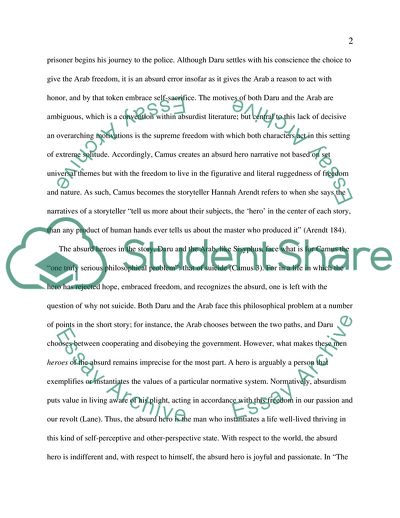Cite this document
(The Heroes of Absurd Essay Example | Topics and Well Written Essays - 1750 words, n.d.)
The Heroes of Absurd Essay Example | Topics and Well Written Essays - 1750 words. https://studentshare.org/philosophy/1735085-the-absurd-heroes
The Heroes of Absurd Essay Example | Topics and Well Written Essays - 1750 words. https://studentshare.org/philosophy/1735085-the-absurd-heroes
(The Heroes of Absurd Essay Example | Topics and Well Written Essays - 1750 Words)
The Heroes of Absurd Essay Example | Topics and Well Written Essays - 1750 Words. https://studentshare.org/philosophy/1735085-the-absurd-heroes.
The Heroes of Absurd Essay Example | Topics and Well Written Essays - 1750 Words. https://studentshare.org/philosophy/1735085-the-absurd-heroes.
“The Heroes of Absurd Essay Example | Topics and Well Written Essays - 1750 Words”. https://studentshare.org/philosophy/1735085-the-absurd-heroes.


